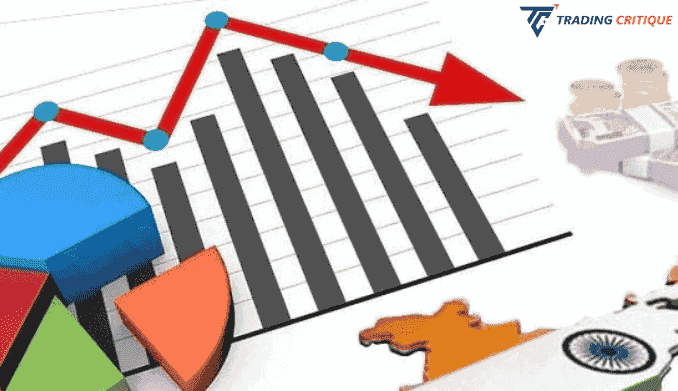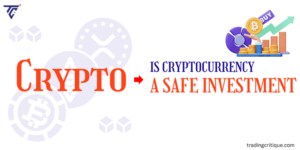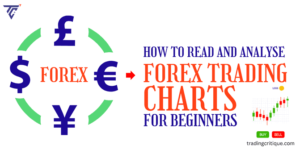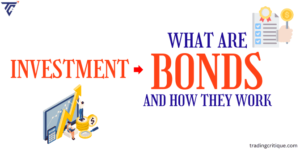Although agriculture employs 44% of the workforce, it only contributes 15% to the GDP and is losing ground more quickly than the Economy as a whole. The departure of agricultural workers has also caused a decline in women’s labor force participation, which fell from 42% in 2011 to 23% in 2018.
The central government’s spending as a share of GDP has been falling for the past four years. From 13.3% in 2013–14 to 12.2% in 2018–19, it decreased.
Reducing crucial safeguards can trigger a downturn. For instance, the Garn-St. Germain Depository Institutions Act of 1982, which eliminated restrictions on the loan-to-value ratio and interest rate cap for savings and loan associations, was a major contributor to the savings and loan crisis of the 1990s. The following reductions in lending and rise in risk-taking resulted in numerous bank failures and, ultimately, a Recession
India’s GDP is expected to grow to $10 trillion by 2035 and rank third globally by 2032, according to a new estimate. Any Recession, regardless of its severity, will eventually have an impact on the entire world since the United States is a dominant global force.
A comparable crisis had previously developed, causing a global economic shock that led to the failure of major European banks, reductions in several stock indices, and significant drops in the value of the Indian market. Given the huge outsourcing contracts India has with American clients, any Slowdown in the US Economy would unquestionably be bad for India.
India has over the years increased its exports to the US, but it has managed to weather the terrible financial crisis that began in September 2008. However, it is unclear how the anticipated worldwide Recession in 2023 will affect India’s Economy.











